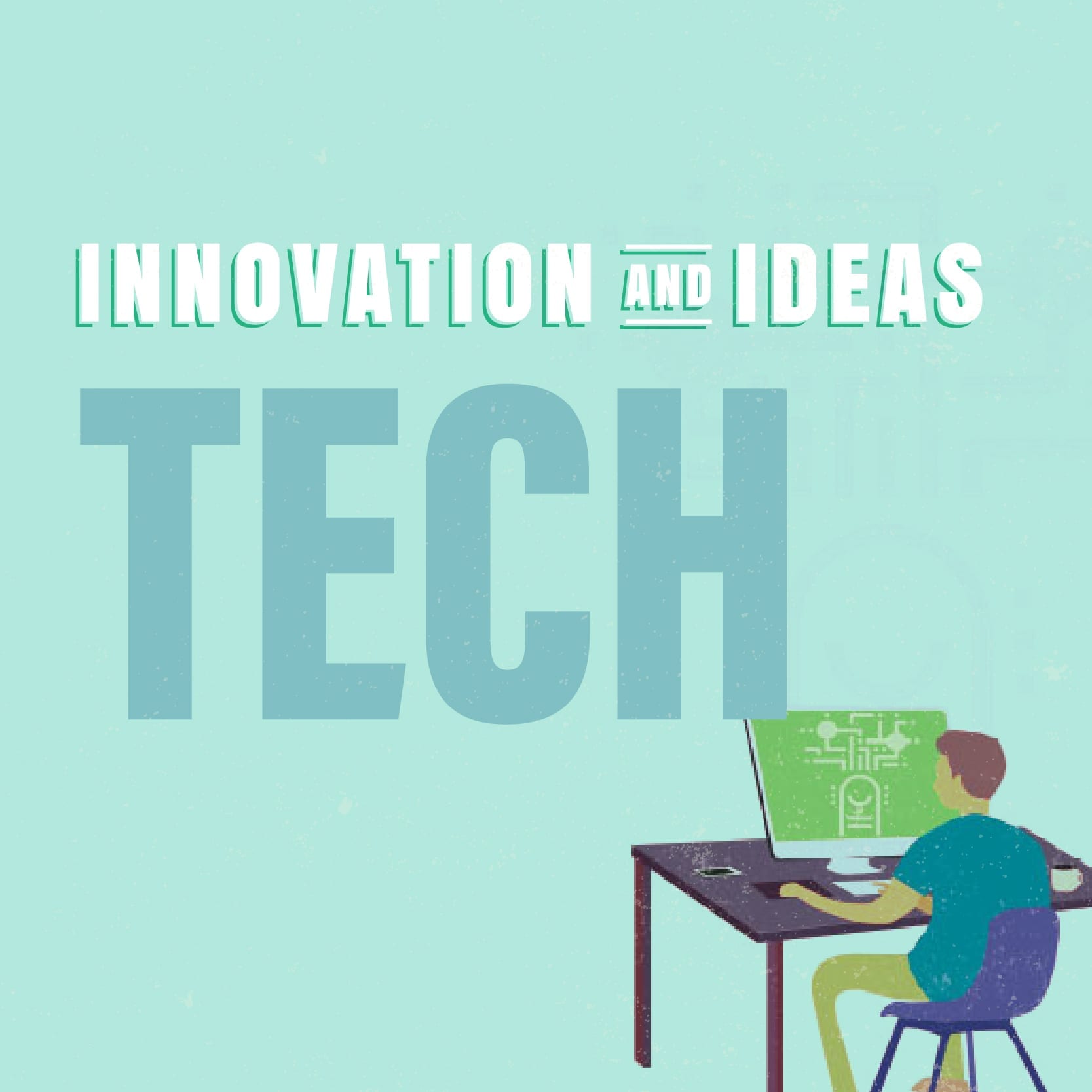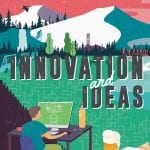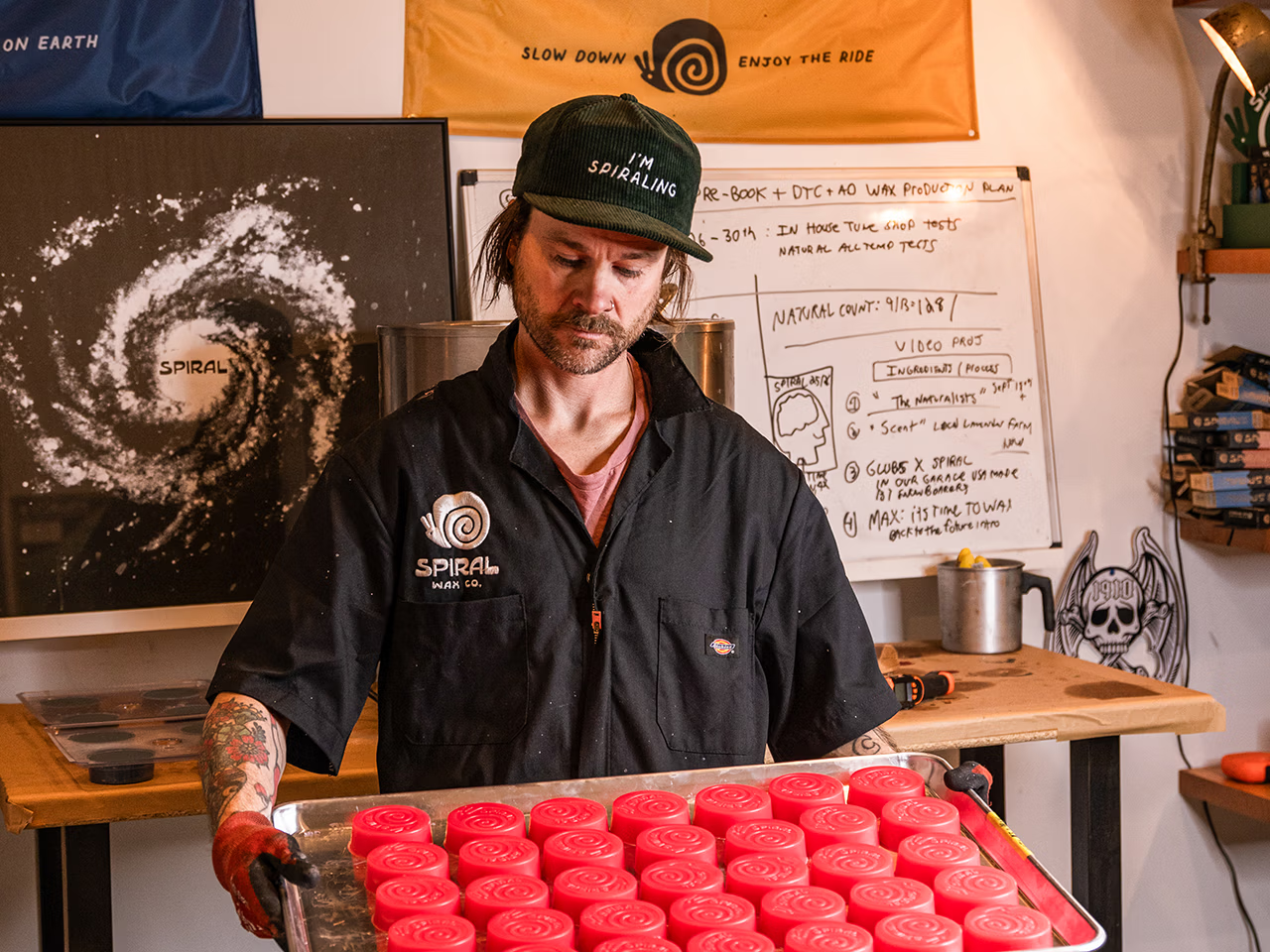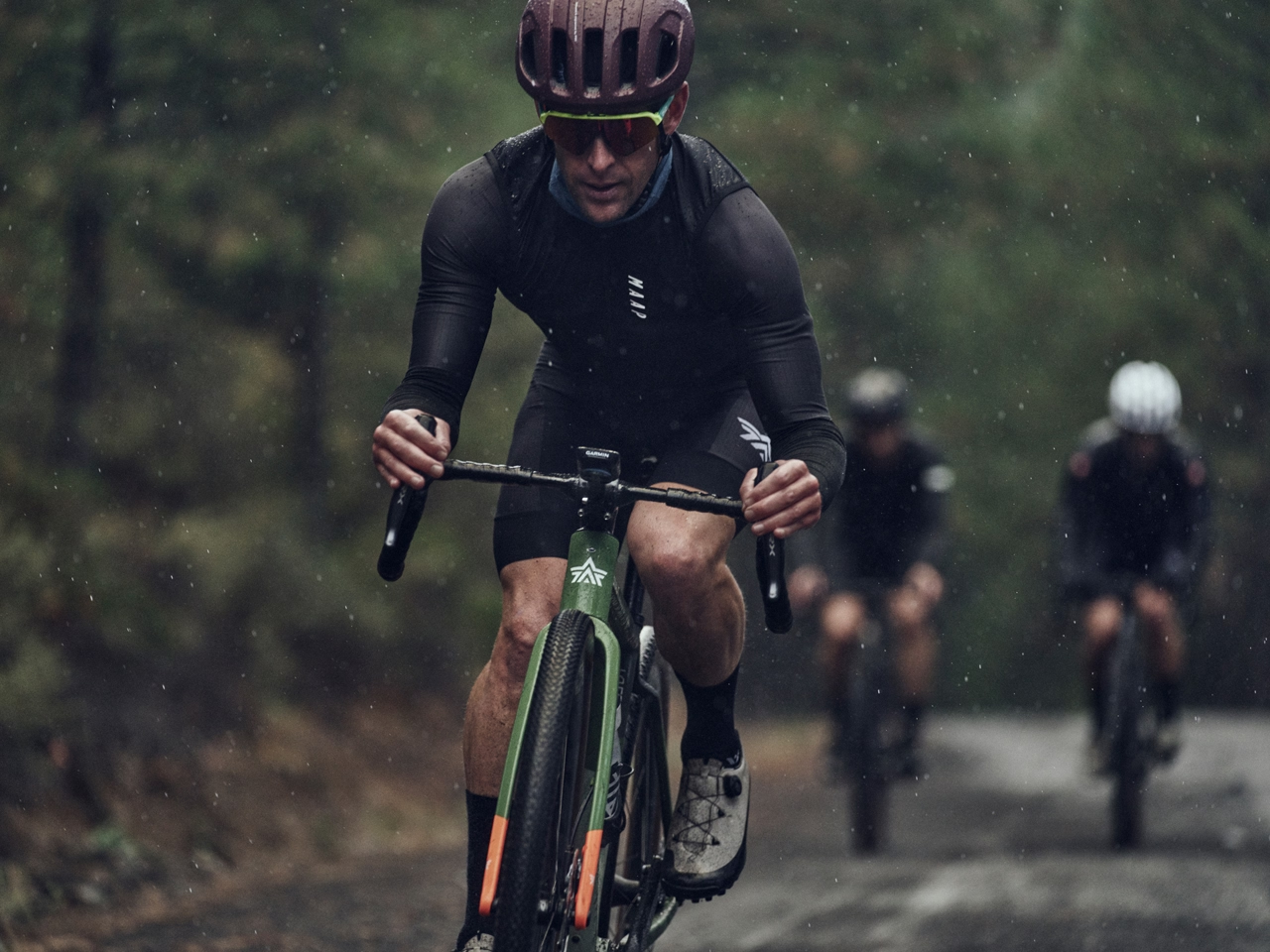(Part 2 of a larger article. Click here to start at the beginning.)
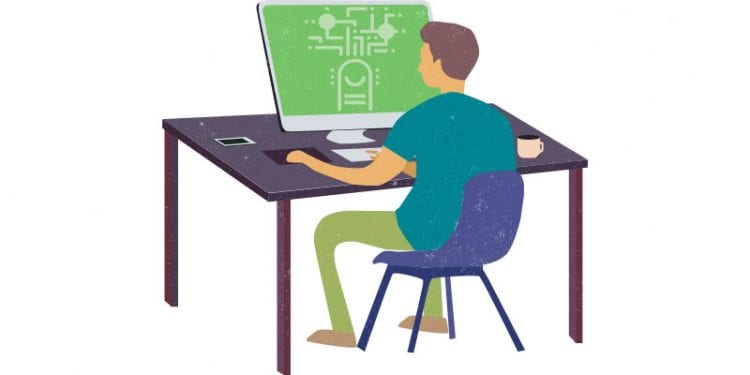
BEYOND VENTURE CAPITAL: TRIBE PILOT TAKES A DIFFERENT APPROACH
For most investors, startup success looks like this: Founders have an idea, raise money from investors, build the product. They grow at a rapid pace, perhaps raise more money, and then sell the company (or IPO). The investors get paid back. The founders go on to start other things or invest in other companies.
Matt Smith, a serial entrepreneur and founder of Tribe Pilot, an adventure planning app, is certainly familiar with the concept. But the Bend native sees a different end for his company.
“The traditional model doesn’t make sense for Tribe Pilot because I want it to exist here,” he says. He wasn’t keen on the notion that taking on investment meant that he’d have to potentially sell the company to exit and risk the buyers moving somewhere else.
So the founder took a different approach, becoming one of the first Bend startups to employ a Shared Earnings Agreement with its investors. Under a SEA, investors receive payments from the startup up to a predetermined cap. The investors don’t take equity in the company, and once they’ve received their payout, the founders can continue however they’d like.
“We needed a vehicle to reward investors for helping us along, but that didn’t necessitate an exit for success,” Smith says. “It allows us to keep our company local, while still providing the capital we need to grow.”
He hopes the mechanism will catch on with other local startups, offering an investment option for those who have similar goals. He’s open sourced the legal documents for the Tribe Pilot SEA with that mind. In the meantime, Smith is growing his local team, improving the product, and watching the number of adventures planned on his app increase rapidly. — Kelly Kearsley
LIFE LINE
Could an app be the answer to tree well tragedies?
If skiing in Central Oregon has taught us anything, it’s that we need to be more aware of tree wells, the dangerous voids that form around the base of large trees in deep snow. These pockets are responsible for three skier deaths at Mt. Bachelor in the past several seasons, including two tragedies that occurred on the same day in 2018. The resort has increased its education efforts around the dangers, encouraging patrons to ski and ride in pairs. It’s added signs around the mountain and messages in email blasts. Now the resort is looking in a new direction—your cell phone. As soon as next season, riders could have access to an app that could save their lives. TreeWell is a mobile alert system designed to get help to skiers who can’t call for a rescue.
The app uses sensors built within the phone to detect sudden falls, inverted positions, and movements associated with tree well entrapment. TreeWell CEO Tommy Chipman and his team of Bend-based developers started developing the app after seeing the problem unfolding at their hometown resort.
“If it saves one life, it’s one hundred percent worth it for us,” said Chipman. With the help of Mt. Bachelor ski patrol and staff, the TreeWell team will be conducting preliminary tests this fall. Their goal is to release the app to the public before the first chair inaugurates the 2019-2020 coming ski season. If it’s successful, look to see the app in use by skiers and riders across the Northwest and beyond. — Dalton Charest
OVERCOMING THE DATA DELUGE
Bend’s Amplion is helping medical researchers ask the right questions
When Adam Carroll left his position as a director at Bend Research six years ago, he knew that he’d likely need to create his next job or move back to the Bay Area. A former university professor with a Ph.D. in biochemistry, Carroll didn’t see a lot of potential job opportunities here.
However, his experience working in pharmaceutical research had illuminated a problem Carroll thought technology could solve. He notes that the amount of information generated after the completion of the human genome project is staggering. And keeping up with new research, clinical trials, and more had become a seemingly unwinnable task.
“We used to joke that if only Pfizer knew what only Pfizer knew,” Carroll said. “Just one company generates such huge amounts of research and data; it’s hard to know what’s there.” He co-founded Amplion on the notion that pharmaceutical and diagnostics companies were missing opportunities simply because they didn’t know they existed.

INFORMATION OVERLOAD
In the past year, Amplion has more than doubled the size of its staff, filled out its leadership team, and brought a new product to market. The Bend technology startup is leveraging machine learning to help diagnostic and pharmaceutical companies access and analyze biomarker information in a more efficient way.
“The volume of biomedical information is massive and growing at a terrifying rate,” said Carroll, Amplion’s co-founder and chief science officer. “We’re using technology to extract meaning from all these documents, answer real-world questions, and translate it into information that people can use.”
The company started in Bend in 2013. The next year Carroll pitched the idea on the Bend Venture Conference stage and won the conference’s top investment. This year, the company doubled down on the promise of its software, raising $4 million to help accelerate its growth.
TAKING ADVANTAGE OF TECH
Pharma and diagnostics companies may be on the leading edge of medical discoveries and treatments, but when it comes to information research, many still rely on traditional techniques. For example, a researcher may come up with potential key terms and search for them in a database, hoping to find a needle in a biomedical haystack.
Not only is the process manual and often inefficient, but the searches can leave a lot of information undiscovered.
Amplion’s most recent product leverages machine learning and natural language processing to help diagnostics and pharma companies navigate the information deluge. The company’s product allows customers to focus their searches, automatically serving up information that may suit their needs. It makes it easier to identify industry partners, who may complement their work through their specific test or drug development activities or by their interest in specific patient groups.
A NEW MOMENTUM
Carroll knows firsthand the ups and downs of starting a tech company, and looking back he can see the scale of his initial idea was even larger than he anticipated. “What I proposed then was a heavy lift for a small team,” he said. But today, “the momentum is palpable.”
Under the leadership of CEO Chris Capdevila, a serial entrepreneur who sold his previous company to Oracle, Amplion has raised $4 million. That capital is fueling the company’s current growth, spurring the new product enhancements and enabling a whole spate of hires. Amplion now has more than 20 employees, spread between Bend, Eugene, Seattle and Portland.
“The progress we’re making is incredible,” Carroll said. “It’s been amazing to see the kinds of things we’re able to take on. It’s like the thrill of driving a fast car—you press the gas and you’re thrown back in your seat.” –Kelly Kearsley

